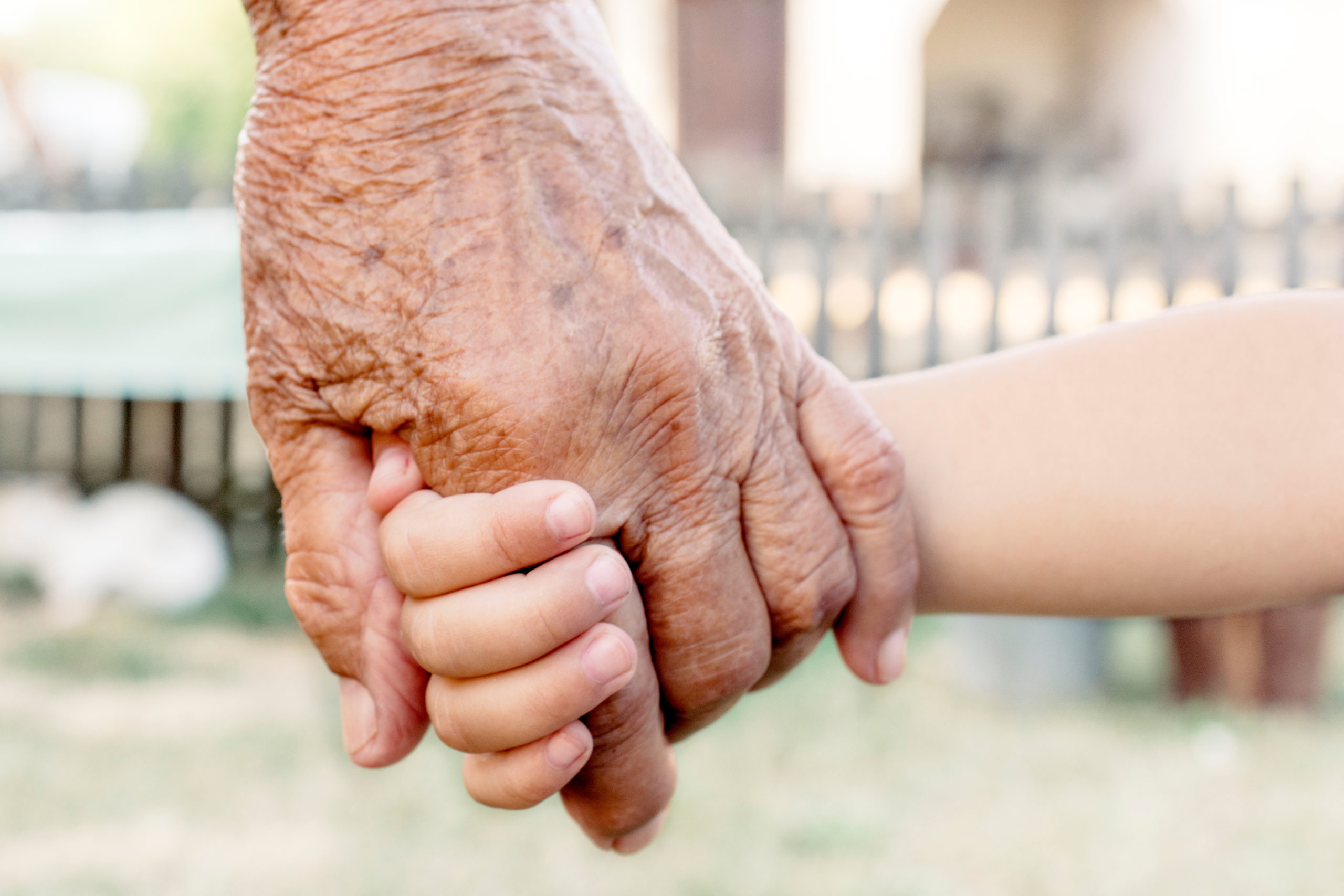Over the past year, we’ve published several articles about how the opioid addiction crisis is ripping American families apart. And within all that turmoil, there has been one segment of the population that has consistently (and quietly) come to the rescue. We’re talking about grandparents,who (according to a new article on TheFix.com) are now taking in their children’s kids following arrests, treatment stints and even fatal overdoses.
The tragic story that we touched on earlier concerned children of addicts who are forced into foster care. But for every kid that accounts for that statistic, there are 18 to 20 more who have been taken in by grandparents or other family members.
This is all a very noble effort, though it is creating more financial hardships across the U.S. Most of the seniors now caring for grandchildren are retired and living on small fixed incomes. Having to cover food, lodging and care for new family members can be devastating for their bank accounts. In fact, 20 percent of grandparents raising grandchildren are now living below the poverty line.
But these loved ones are still showing no hesitation when it comes to helping out. Donna Butts, an executive director of the advocacy org Generations United, has called out these relatives as American heroes.
“With the opioid epidemic, it seems so much more severe and, in some ways, more hopeless,” she explained. “Which is why I think the grandparents and other relatives that are stepping forward are playing such a critical role because the hope is with the children.”
But, the article goes on to say that many of these seniors are walking in to volatile situations. For the kids, having to watch their parent overdose, go to jail or even die is extremely traumatic. This can leave deep emotional scars, which certain grandparents aren’t always equipped to deal with. In the case with teens, this could lead to rebelliousness or even young ones using themselves.
The advice here, is to educate seniors about the resources available to them when it comes to trauma.
“What these grandparents really need is to understand the impact of trauma on the children and try to help support them as they deal with that,” Butts added. “Also, they need to have access to trauma-informed services, the services that can really help them to overcome what they’ve experienced.”
So while this is a very honorable effort, it is one that shouldn’t be handled alone.







